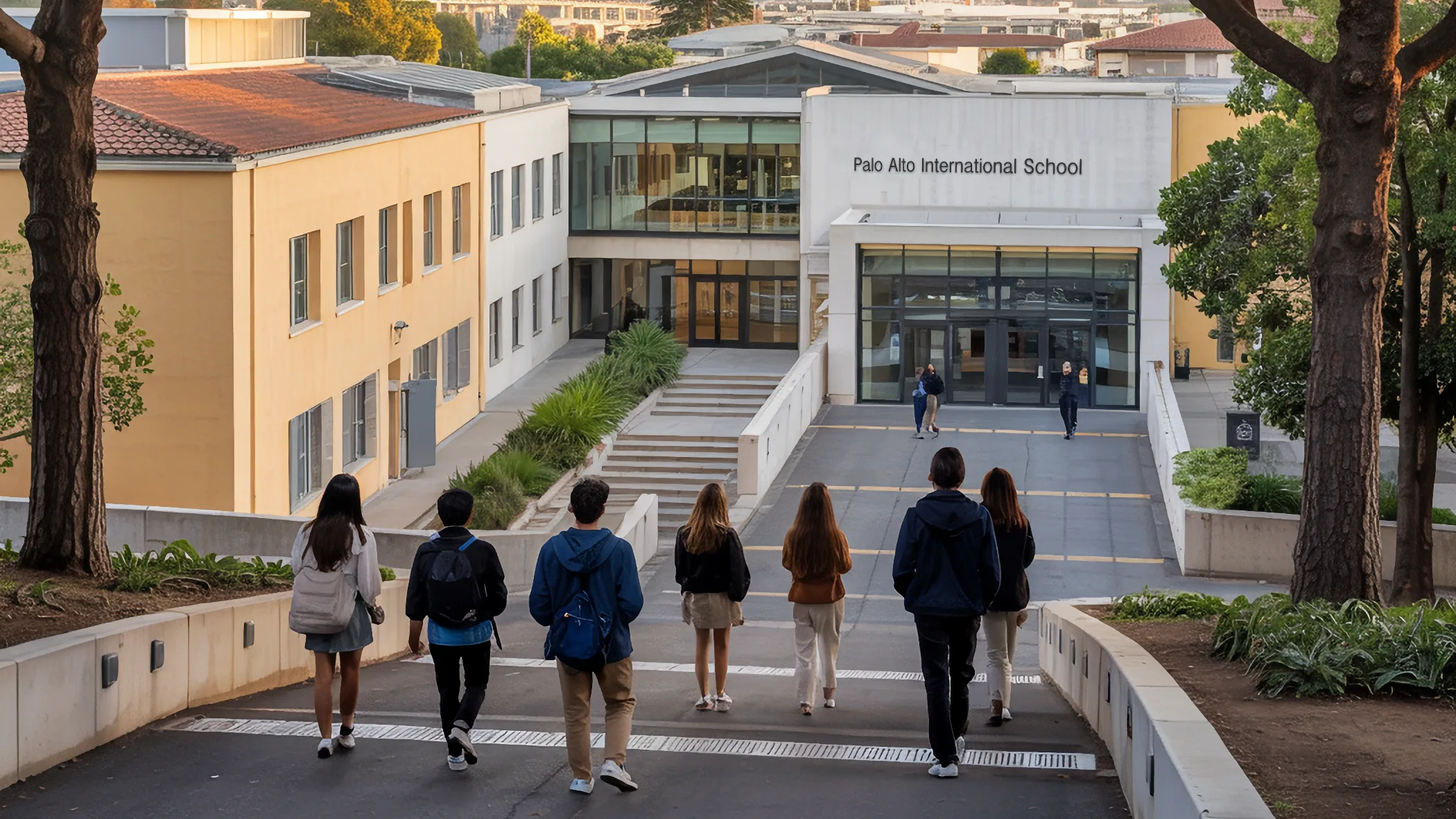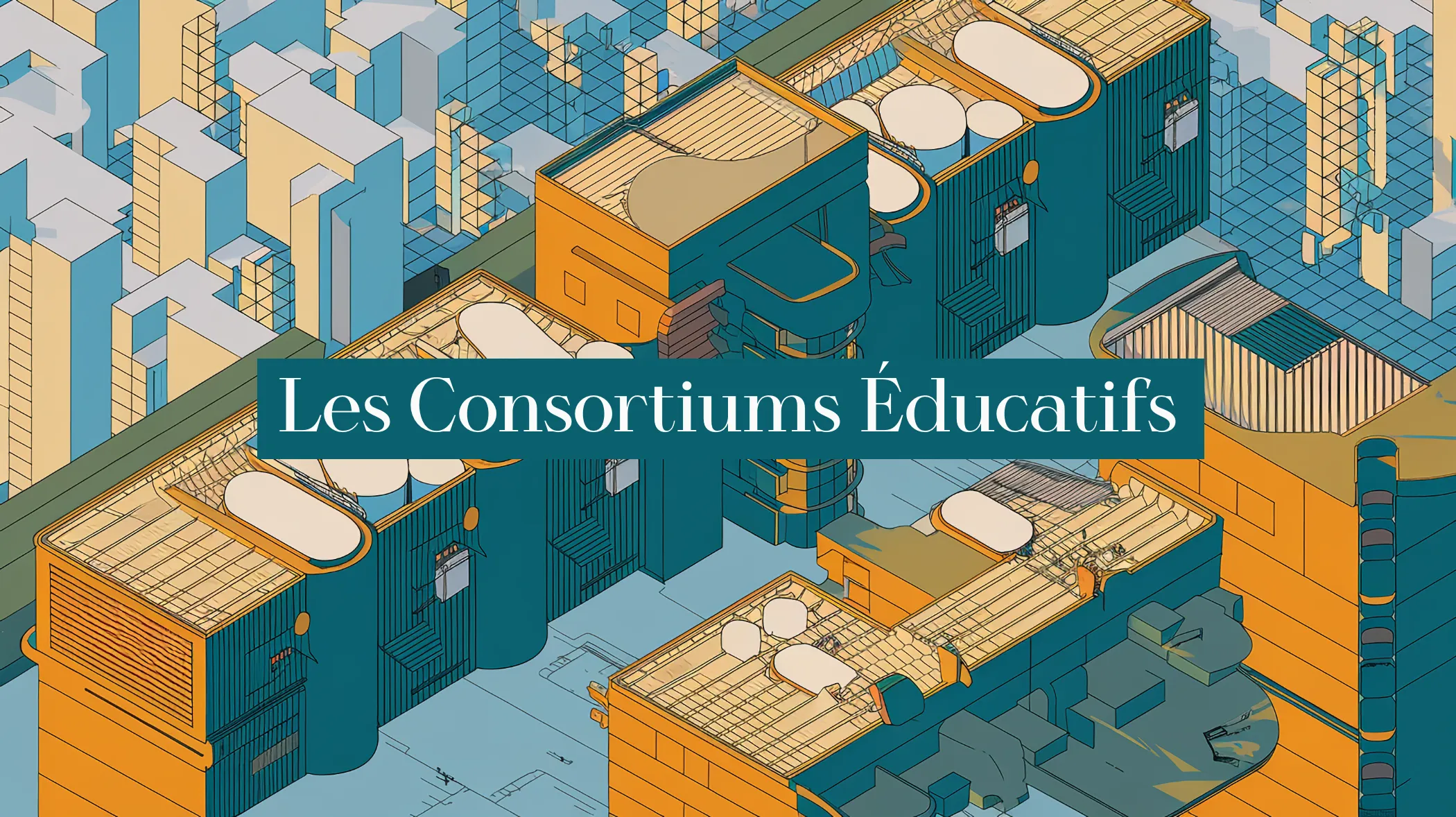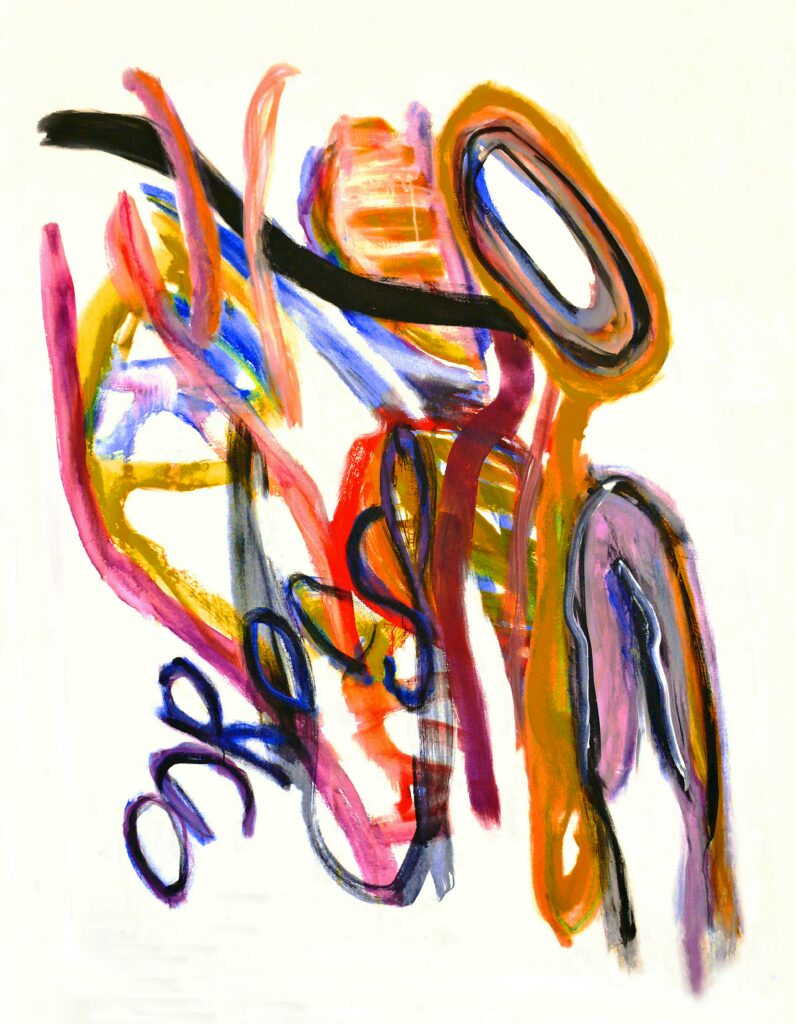The French Educational Model, an Export Success
In the global educational landscape, the French system stands out as a singular model, combining secular academic rigor with the potential to adapt to contemporary challenges.
This singularity is currently expressed through a transformation dynamic that seeks to preserve the intellectual essence of the model while enriching it with innovative pedagogical approaches. Recent developments show a desire to balance tradition and modernity, with the progressive integration of differentiated pedagogies, multilingualism, and investigation-based learning, while maintaining the intellectual demanding nature characteristic of French education.
The Heritage of Excellence and Its Fundamentals
The French educational system rests on deeply anchored foundations: a centralized approach that guarantees national coherence and an intellectual requirement that transcends mere technical learning. The baccalaureate, a true academic rite of passage, perfectly illustrates this philosophy: far more than a simple examination, it constitutes a holistic evaluation of the student’s analytical and conceptual capacities, internationally recognized as an entry point to French and foreign higher education.
One of the distinctive traits of this model lies in its valorization of humanities. Unlike educational systems focused almost exclusively on technical skills, the French model places philosophical reflection and critical analysis at the heart of training. This approach cultivates not simply knowledge, but intelligences capable of apprehending the complexity of the contemporary world.
The French language occupies a central place in this system, serving not only as the primary vector of instruction but also as the foundation of the national pedagogical project. As the French Secular Mission emphasizes, « the French language is present in all collective uses » and represents much more than a simple communication tool: it is « the language of knowledge ». This linguistic centrality is part of a vision where mastery of expression is inseparable from clarity of thought.
The Cultural and Linguistic Dimension
Beyond its purely academic dimension, the French educational model pays particular attention to cultural transmission. Institutions in the French Secular Mission network embody this approach through their motto « two cultures, three languages », thus affirming a pedagogical identity that nurtures cross-disciplinary projects. This orientation reflects a conception of education as a vector not only of knowledge but also of values and cultural openness.
Multilingualism, far from being perceived as a concession to globalization, is valued as an intrinsic richness that establishments deliberately cultivate. This approach reflects a vision of international education that does not sacrifice the French cultural anchor but enriches it through openness to other linguistic and cultural universes.
The Evolution Towards Innovative Pedagogy
Innovation in French education does not mean rupture, but intelligent transformation that capitalizes on existing achievements while integrating contemporary approaches. This evolution draws inspiration from internationally recognized models known for their effectiveness, while adapting them to French cultural specificities.
France is notably inspired by the Finnish model by progressively granting teachers more autonomy in choosing pedagogical methods. This flexibility allows better adaptation to the specific needs of each class and each student, thus fostering more effective differentiated pedagogy. Explicit teaching, which clearly structures lessons and progressively guides students towards autonomy, is also gaining popularity in French establishments.
New Pedagogical Approaches
The work of New Zealand researcher John Hattie on visible learning increasingly influences French pedagogical practices. This approach involves increased use of feedback, clarification of learning objectives for students, and particular attention to the measurable impact of teaching practices. These methods based on scientific evidence represent a significant turning point in a traditionally more theoretical system.
In parallel, cooperative and project-based learning is progressively integrating into French practices, similar to what is done in Denmark. These methods promote the development of transversal skills such as collaboration, communication, and problem-solving, while maintaining the intellectual rigor characteristic of the French model.
Perspectives for the Future
The fundamental challenge for the French educational model lies in its ability to preserve its intellectual essence while adapting to contemporary mutations. This search for balance is particularly expressed in the relationship between academic tradition and pedagogical innovation.
The challenge consists of integrating innovative pedagogical approaches while conserving the intellectual rigor and valorization of humanities that characterize the French model. This dialectic between preservation and transformation constitutes the heart of the current evolution of the French educational system.
Conclusion: A Living Heritage in Constant Evolution
The French educational model is not a historical vestige, but a living heritage that continues to evolve to respond to contemporary challenges while preserving its fundamental values. Its strength lies precisely in this capacity to conjugate tradition and prospective vision, academic rigor and adaptive agility.
The institutions that will understand this dialectical dynamic will be those that will train the intellectuals, innovators, and leaders of tomorrow, capable of thinking with rigor and acting with creativity in a constantly changing world. A transformation that does not deny its roots, but makes them flourish to continue embodying educational excellence in a renewed context.
The Future of Education « Made in France »
Technological Interdisciplinarity
- Introduction of modules combining humanities and digital skills
- Development of collaborative projects involving coding, robotics, and ethical reflection
Development of Cross-Disciplinary Skills
- Focus on leadership and intercultural communication
- Integration of stress management and personal development programs
Global Preparation
- International partnerships providing early exposure to university ecosystems
- Continuous assessments emphasizing individual progress





